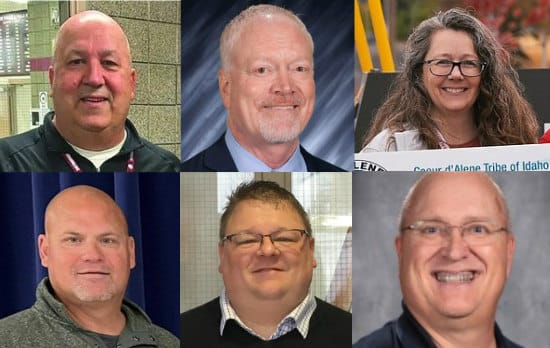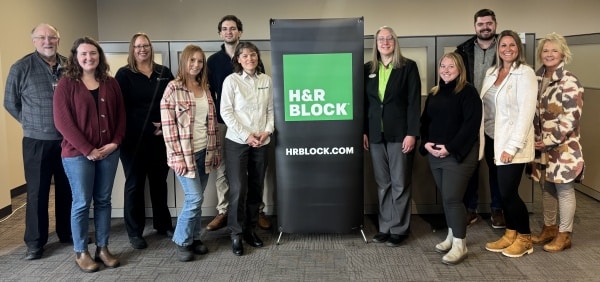Polk County Environmental Services will be receiving more money to put towards their Septic System Fixups program. Dollars will be allocated from the county’s ARP Funding program for $50,000.
The department received 21 applications at the program’s start, and Planning and Zoning Administrator Jacob Snyder explained the need for more money. “It’s always our goal to fix as many sewers as we can,” said Snyder. “The point of our program is to fix the worse first. We did that through our grant program, in which we were given $40,000 from the state. With that, we were able to fix four septic systems.”
The department also was able to fix three other systems through another program bringing the total down to 14. Snyder explained there were still applicants left that fell into the correct criteria to get their systems fixed. “We had some applicants that feel into criteria that staff at planning and zoning felt necessary to move forward with,” said Snyder. “The ARP Funding was really the only way we felt we could assist people.”
With the ARP dollars the department is receiving, they will fix five more systems this year. The program is designed so that the homeowners have some stake in the game as well. They will have to match the Environmental Services assistance and pay up to 50% of the cost.
The matter was tabled at a previous board of county commissioners meeting at the beginning of August so the board members could have more time to review the proposal. Now that the decision has been made, Environmental Services will have enough time to fix the septic systems this year and hopefully have a shorter list of applicants next year.
Snyder talked about the importance of timing and what will happen to the systems that aren’t fixed this year. “Some of the people that applied this year probably won’t qualify again next year,” said Snyder. “If the program is the same next year as this year, then they will just have to reapply and will use our criteria to pick which ones we can fix.”
Snyder said they already have applied to receive money for their regular program next year. “We did just apply to the state seeking more low incoming funding at the state level,” said Snyder. “$40,000 is the max amount of money that can be received, and our program has been really successful with money that we’ve received and getting it out the door, so I’m anticipating we will receive that money again to run our program.”
The deadline to fix the other five septic systems this year is set for November 1.




